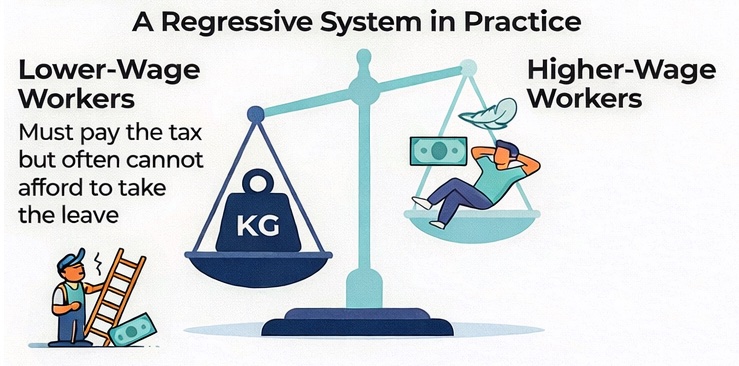Washington state lawmakers talk a lot about lowering health care costs. But behind the podium, they’re making health care more expensive by raising taxes on providers, holding onto policies that restrict competition, implementing more regulations and passing misguided laws that will result in higher costs for patients.
Sounding an emergency while throwing fuel on the fire isn't working.
The 2025 legislative session resulted in new and increased taxes on hospitals and physician groups, and Gov. Bob Ferguson greenlit a budget that adds billions in spending and worsens affordability statewide. Majority lawmakers also passed a law that makes it harder for providers to collect medical debt, as not paying the debt won’t hurt a person’s credit. They instituted price caps on services provided to public employees that will result in cost-shifting to other payers.
As Jeb Shepard, director of policy at Washington State Medical Association, recently told the Health Care Cost Transparency Board, “We continue to witness a troubling disconnect between the state’s stated goal of controlling health care costs and policy decisions that directly undermine that goal.”
If lawmakers really want to make health care more affordable, they should stop adding to the bill. Any hospital administrator will tell you — and the Washington State Hospital Association (WSHA) and others did tell legislators — that new and higher taxes would be passed along, as hospitals can’t absorb them. Increased costs are expected to go to patients, and they could show up in more closures, service and labor cuts or delays in facility upgrades.
Similarly, capping reimbursements to hospitals that provide services to state workers, including school employees and dependents, might sound good — for a second. But when you understand that the full cost of care the state won’t pay will be applied to other payers or bring service cuts, the idea loses its luster. Washington state is already known for low Medicaid reimbursement rates to providers, resulting in cost-shifting and reduced access.
Some groups, such as the Economic Opportunity Institute, claim hospitals are protecting their bottom lines at the expense of patients. But Washington state hospitals collectively report operating losses, and WSHA says more than 85% of them run deficits.
Whether or not you believe hospitals are mega-providers hoarding cash or patient lifelines losing blood, lawmakers have been warned that the changes they made this year will harm patients.
Higher taxes, more mandates and government micromanagement of the market are not the solution, but that’s our state’s direction. A state commission is charged with paving a path to taxpayer-financed, universal care in Washington state, instead of being open to all ideas for how to get our current system healthy. And lawmakers just said “yes” to asking the federal government to help ease its way into such a system.
That’s unfortunate. Taxpayer-financed systems don’t bring universal care. They bring rationing, unacceptable waitlisting and time delays for critical care. Trading one bad system for another bad system is not the way to go.
Lawmakers at the state and federal levels should be considering ways to get us away from our third-party-payer system. Better-informed consumers with more of a stake in health care decisions would be a game-changer.
In the meantime, lawmakers could encourage high-deductible plans that reward cost-conscious behavior and better health. They could deregulate insurance markets to allow more plan variety and encourage direct-primary-care models. They should expand access and attraction to Health Savings Accounts (HSAs). Ridding the state of outdated Certificate of Need (CON) practices needs to be a priority. Recognizing they hinder competition and access, the federal government and other states repealed CON laws years ago.
Washingtonians deserve policies that work. That starts with a Legislature humble enough to admit when it’s part of the problem and a willingness to shift course.






